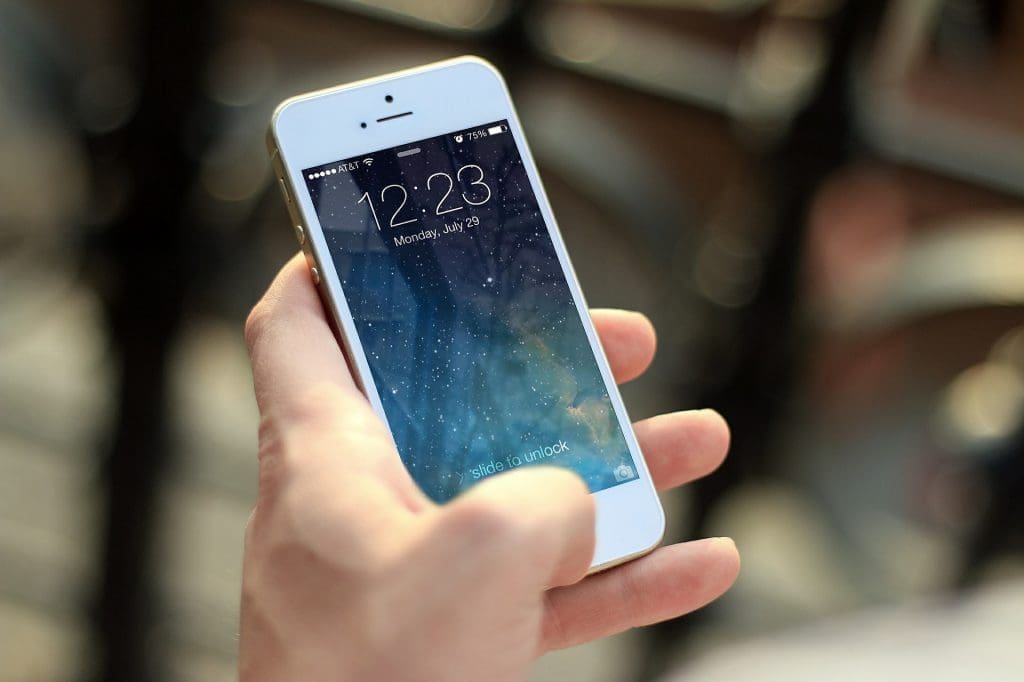

Whether traveling abroad for work or play, one thing holds true for many folks — they want to stay connected. From talking and texting with family and friends to replying to emails to updating your social media accounts, the cost of constant access can be a pretty penny if you haven’t planned well. Here are some tips to help you stay connected abroad when you’re on a budget:
Global Wi-Fi
While it’s true that most airports, restaurants and stores offer free Wi-Fi to patrons, many people prefer having a simple, customer ISP under their own account.
Many folks choose to look into a global subscription Wi-Fi service though an international wireless ISP before heading abroad, which allows you to access countless Wi-Fi hotspots worldwide safely through one convenient login. Many also automatically connect you to the closest secure Wi-Fi hotspot, so there’s no need to spend time searching and connecting yourself.
A Smartphone with the Right Plan
Sure, it goes without saying that you should most definitely have your smartphone with you when traveling abroad. However, that alone may not be enough.
You should do your due diligence in researching plans and carriers who can meet your needs in terms of service, capability and price before your head out on your travels. For example, T-Mobile offers a wide variety of international features that can help make staying connected easier. Among these features are T-Mobile’s free in-flight texting, international texting and unlimited data in over 140 countries around the world.
While switching providers may seem cumbersome, T-Mobile makes it easy and even offers free overnight shipping on new activations, along with options to buy a new phone at a reasonable price or to switch over with your current phone.

Do Your Due Diligence
In addition to staying connected, it’s also wise to check things like international dialing codes as well as time zone differences while you’re traveling, so you know just how and when to connect with others. Further, it’s key to remember to pack all of the chargers and adapters you may need for your devices (and to pack extra, if possible), including a car charger for use in rental cars and taxis (particularly if you plan on using your phone’s navigation).
Furthermore, research the type of sockets that are used in the country you’re traveling to, as you may need an adapter to be able to plug your devices in.
Safety First
Even if you are using a secure internet connection, it’s best never to access financial or other personal information on a public network. Experts also suggest asking your cell phone carrier about options to “tether” your phone to your other devices to allow them hotspot access.
Go Old School
Okay, okay. This may not be the type of “connected” you were thinking about. But there’s a sort of whimsical nostalgia that comes with writing your loved ones letters while on your travels or sending postcards to family and friends from all the interesting places you’ve visited. Plus, who doesn’t enjoy getting a break from bills and ads with actually fun mail?
The Bottom Line
Like anything else, before going abroad you should thoroughly research and lay out your communication plan. After all, no one likes to see hefty roaming charges on their cell phone bill and no one enjoys not being able to connect when they want to, both for safety and social reasons.



